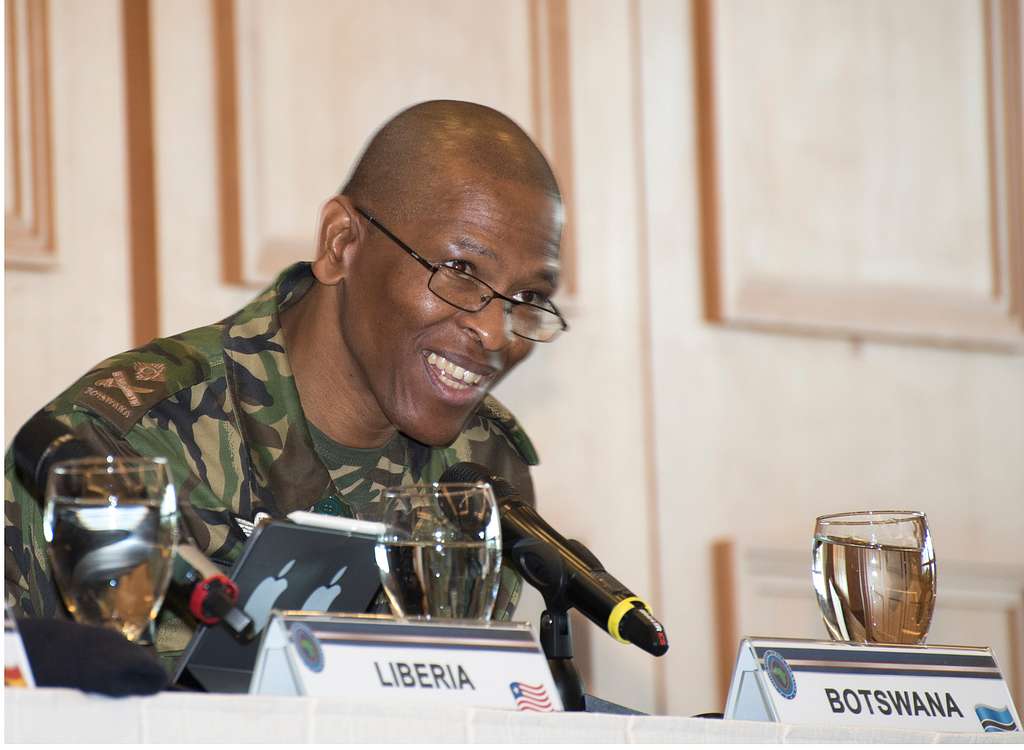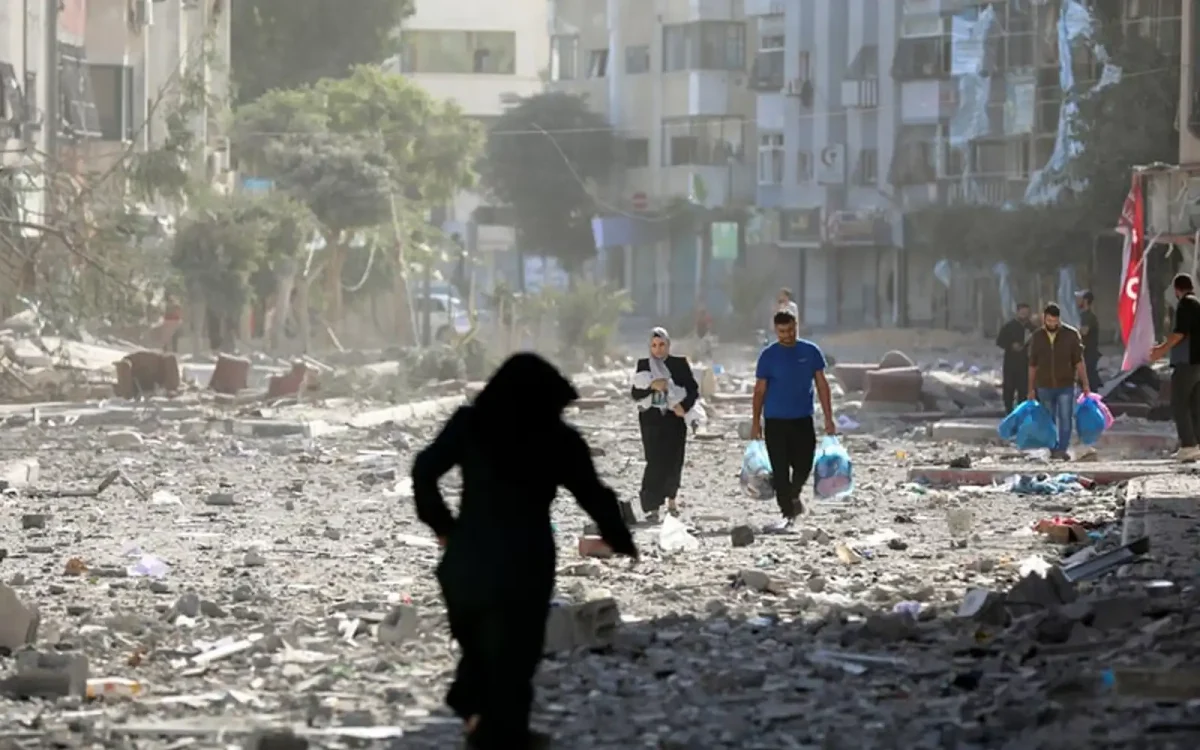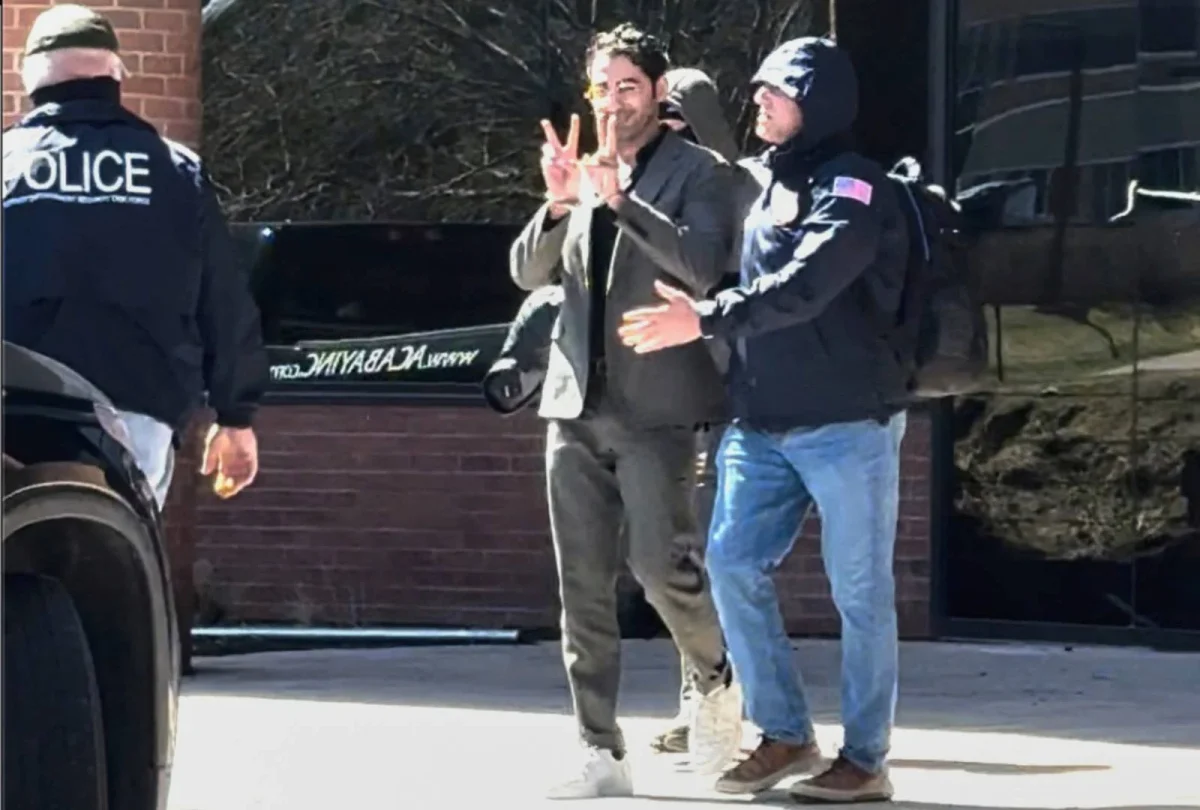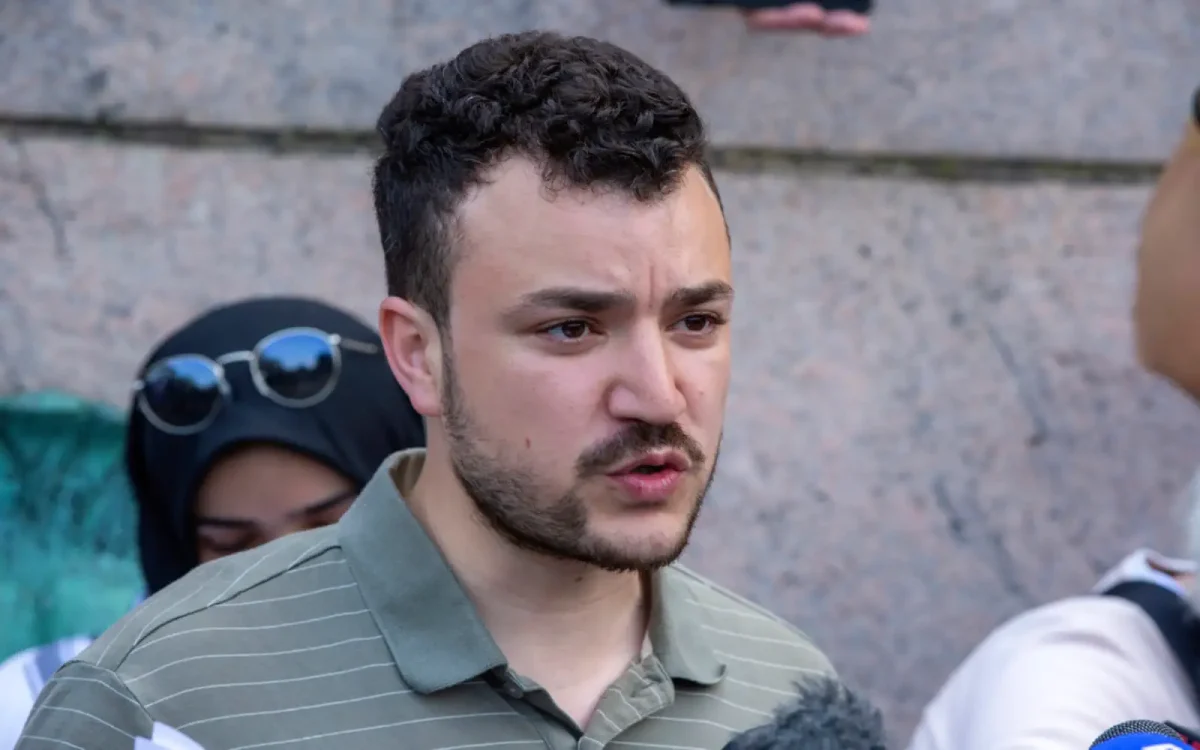On Tuesday March 25th, the Eta Omicron Chapter of Alpha Phi Alpha Fraternity Incorporated held part one of a two part series program called “Dismantling White Privilege.” Through this program, the members sought to bring attention to and inspire discussion about the concept of white privilege to students. A combination of an informational power point presentation, a discussion and an interactive demonstration, helped to supplement the learning experience.
One definition of white privilege is “a right, advantage or immunity granted to or enjoyed by white persons beyond the common advantage of all others; an exemption in many particular cases from burdens or liabilities” according to Kendall Clark, founder of white privilege.com, a website dedicated to antiracism education and activism. The concept of white privilege is highlighted in the written piece “White Privilege: Unpacking the Invisible Knapsack” a popular point of reference on the subject by Peggy McIntosh, associate director of the Wesley College Center for Research on Women who through recognizing male privilege for the benefit of women, also unveiled race privilege and sought out to educate herself and others about the concept.
To introduce to students who attended the program the existence of white privilege and what it looks like, the members of Alpha Phi Alpha, asked seven volunteers to stand in a straight horizontal line and use movement to respond to statements derived from McIntosh’s list of daily effects of white privilege. Students took one step forward if the statement applied and one step back if it did not. Statements included “I am never asked to speak for all the people in my racial group” and “I can worry about racism without being seen as self interested or self seeking” among many others.
In the end, the only white student in attendance and a student of Middle Eastern descent were in front while black students were further back.
“I didn’t know some of these things could be considered white privilege” said Byron Green, a sophomore in biological sciences.
The rest of the students in attendance were given the opportunity to share their views on a few of the statements after a brief outlining of the history of white privilege and a few of its definitions were provided. In response to the statement, “When I am told about national heritage or civilization, I am shown that people of my color made it what it is,” said Baria Adams, a senior in math education responded “It depends on what you’re exposed to.” Stressing the notion that it depends on the person’s environment and upbringing whether or not they are aware or told their race played an essential part in the development of the U.S.
Another issue raised was a study done by the Department of Justice in 2002 showing that black or Latino drivers are three times more likely to be searched than white drivers. In addition, it was also presented that young white offenders are likely to receive lighter punishments than minorities in America. There was much debate among attendants about the implication of these statistics, “We have to make sure in our community that even though this [white privilege] does exist, that we don’t use it as a crutch.” noted Mark Dennison, an NC State and Eta Omicron chapter of Alpha Phi Alpha alumnus.
Also discussed was the affect of white privilege in the education system. “White teachers tend to think that black students do not have the same intellectual competency as white students” said Dawn Henderson, a graduate student in psychology.
One criticism of the concept white privilege is that the idea is created by African Americans to blame for hardships of the black community.
The program closed with a clip from ABC news showing how a group of elementary school aged children reacted to photographs of different races of people.
When asked who was friendlier, the students picked the man with lighter skin each time. The first time, the children picked an Asian man over a Middle Eastern man and the second time a white man over a black man. “This is something bigger than just the home.” Dennison added. We have the responsibility to “show them [children] more than just what the world gave them.”
Steps to break apart or “dismantle” white privilege will be discussed in Part two of “Dismantling White Privilege” at a date and time to be announced.




